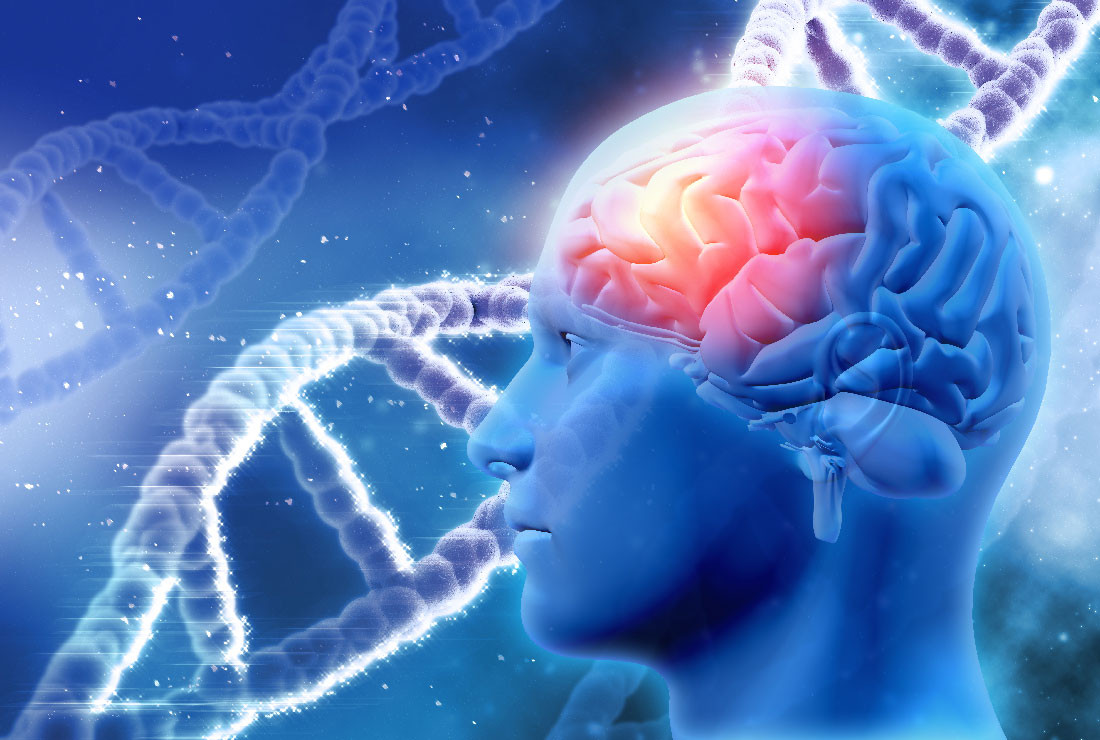Obsessive-Compulsive Disorder (OCD): Symptoms, Causes, Treatment
What are the symptoms of OCD?
Obsessive-compulsive disorder (OCD) is a mental health condition characterized by intrusive, unwanted thoughts (obsessions) and repetitive behaviors or mental acts (compulsions) that a person feels compelled to perform. These obsessions and compulsions can significantly interfere with daily activities and cause distress.
Symptoms of OCD can vary widely among individuals, but some common symptoms include:
- Obsessions:
- Fear of contamination or germs
- Need for symmetry, order, or precision
- Intrusive thoughts about harming oneself or others
- Unwanted thoughts about taboo subjects, such as sex or religion
- Compulsions:
- Excessive cleaning or handwashing
- Checking and rechecking actions (e.g., checking if the door is locked)
- Counting, tapping, or repeating words silently
- Arranging items in a specific order
- Other Symptoms:
- Avoidance of situations that trigger obsessions or compulsions
- Distress when compulsions are not performed
- Time-consuming rituals that interfere with daily life
- Difficulty focusing on tasks due to intrusive thoughts or compulsions
It’s important to note that having occasional intrusive thoughts or engaging in repetitive behaviors does not necessarily mean a person has OCD. Diagnosis of OCD requires the presence of obsessions and/or compulsions that significantly interfere with daily functioning and cause distress. If you or someone you know is experiencing symptoms of OCD, it’s important to seek help from a mental health professional for an accurate diagnosis and appropriate treatment.
What are the causes of OCD?
The exact cause of obsessive-compulsive disorder (OCD) is not fully understood, but it is believed to involve a combination of genetic, neurological, environmental, and psychological factors. Some possible causes and risk factors for OCD include:
- Genetics: OCD tends to run in families, suggesting that there may be a genetic component to the disorder. Having a close relative with OCD may increase the risk of developing the condition.
- Brain Chemistry and Function: Imbalances in certain neurotransmitters, such as serotonin, dopamine, and glutamate, may play a role in the development of OCD. These neurotransmitters are involved in regulating mood, behavior, and cognition.
- Brain Structure: Differences in brain structure and functioning, particularly in areas of the brain involved in emotion regulation and response inhibition, have been observed in individuals with OCD.
- Environmental Factors: Stressful life events, such as trauma, abuse, or major life changes, may trigger or exacerbate OCD symptoms in some individuals.
- Autoimmune Factors: Some research suggests that autoimmune factors may contribute to the development of OCD in some individuals. Autoimmune disorders that affect the brain, such as pediatric autoimmune neuropsychiatric disorders associated with streptococcal infections (PANDAS), have been linked to the onset of OCD symptoms.
- Personality Factors: Certain personality traits, such as perfectionism, anxiety sensitivity, and a need for control, may be associated with an increased risk of developing OCD.
It’s important to note that OCD is a complex disorder, and the development of the condition is likely influenced by a combination of these factors. More research is needed to fully understand the causes of OCD and how they interact. Treatment for OCD typically involves a combination of medication, such as selective serotonin reuptake inhibitors (SSRIs), and psychotherapy, such as cognitive behavioral therapy (CBT).
What is the treatment for OCD?
The treatment for obsessive-compulsive disorder (OCD) typically involves a combination of medications, psychotherapy, and sometimes other treatments. The goal of treatment is to reduce the severity of symptoms and improve the quality of life. Here are some common approaches to treating OCD:
- Medications: Selective serotonin reuptake inhibitors (SSRIs) are often the first-line medication treatment for OCD. These medications can help reduce the frequency and intensity of obsessions and compulsions. Other types of antidepressants, such as tricyclic antidepressants or serotonin-norepinephrine reuptake inhibitors (SNRIs), may also be used.
- Psychotherapy: Cognitive behavioral therapy (CBT) is considered the most effective form of psychotherapy for OCD. In particular, a type of CBT called exposure and response prevention (ERP) is often used to help individuals confront their fears and reduce compulsive behaviors. Other forms of therapy, such as acceptance and commitment therapy (ACT) or dialectical behavior therapy (DBT), may also be beneficial.
- Mindfulness and Relaxation Techniques: Practices such as mindfulness meditation, yoga, or progressive muscle relaxation can help reduce anxiety and stress, which are common triggers for OCD symptoms.
- Support Groups: Joining a support group for individuals with OCD can provide emotional support, encouragement, and practical tips for managing symptoms.
- Lifestyle Changes: Engaging in regular physical activity, maintaining a healthy diet, getting enough sleep, and avoiding alcohol and recreational drugs can help support overall mental health and reduce OCD symptoms.
- Transcranial Magnetic Stimulation (TMS): In some cases, transcranial magnetic stimulation, a non-invasive form of brain stimulation, may be used to treat OCD symptoms that do not respond to other treatments.
It’s important for individuals with OCD to work closely with a mental health professional to develop a personalized treatment plan that addresses their specific needs and symptoms. Treatment for OCD is often effective, and many people with the disorder are able to manage their symptoms and lead fulfilling lives.




